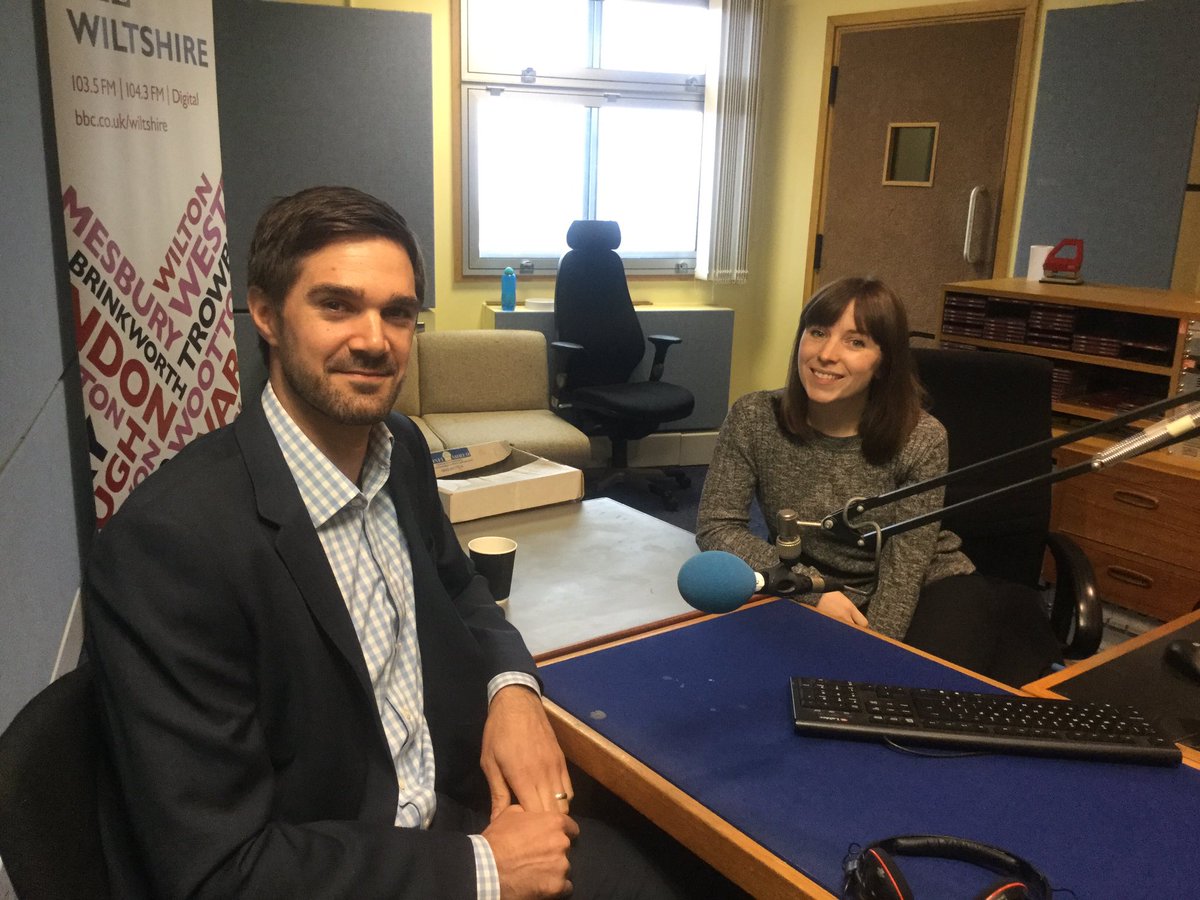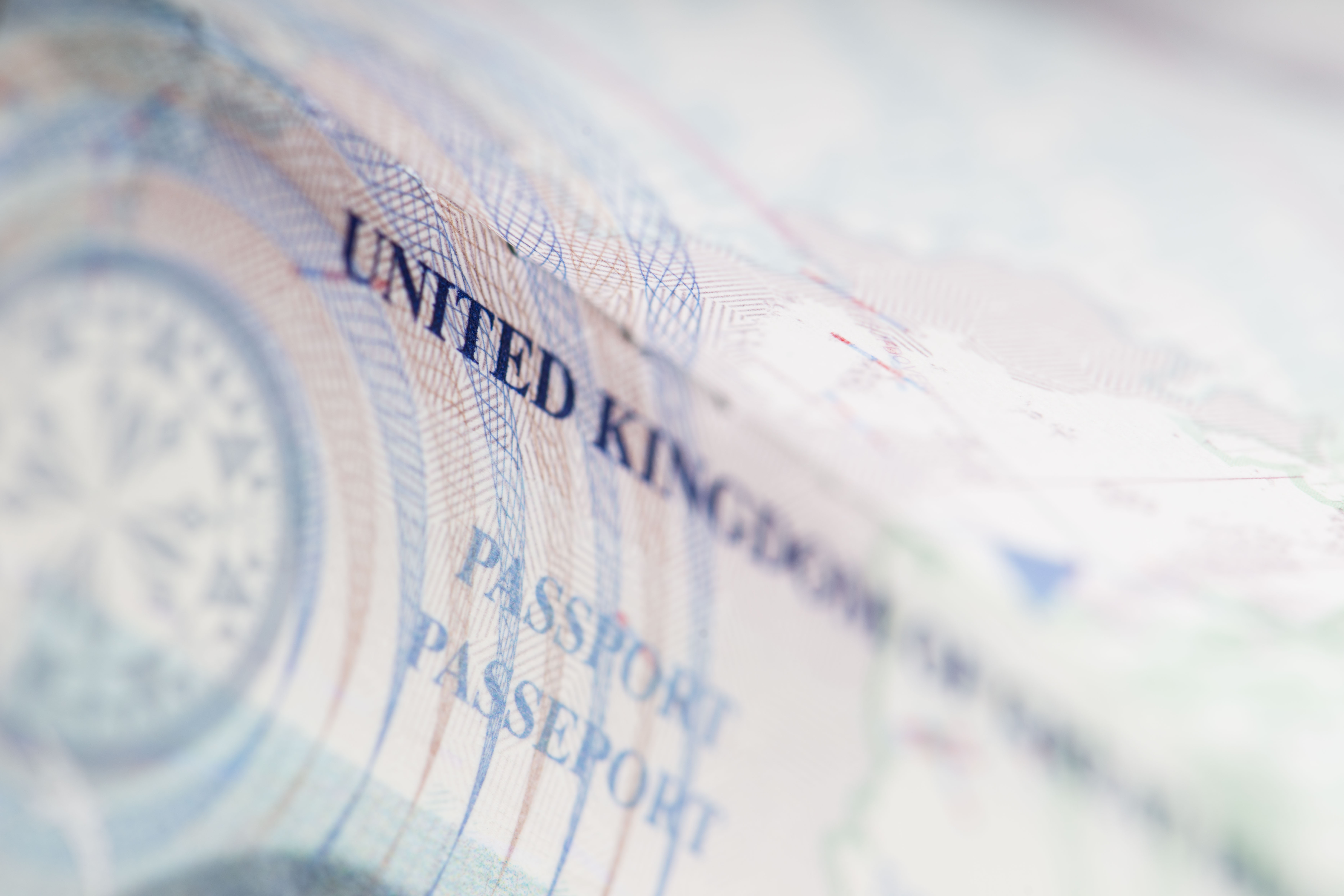
New Application Forms For Further Leave to Remain (FLR)
The Further Leave to Remain FLR(O) application form has been withdrawn and has been replaced with two new forms, FLR(HRO) and FLR(IR), with effect from 1st December 2016. The FLR(HRO) form is a paper form to be used for applications for human rights claims, leave...

Amendments to Section 94B; Power to Deport
Amendments have been made to Section 94B of the 2002 Act which came into effect 1st December 2016. The Immigration Act 2016 extended section 94B to apply to all refusals of human rights claims, not just deportation appeals. This means that the Secretary of State has...

Changes to the Surinder Singh Route
New Immigration (EEA) Regulations 2016 were laid before parliament on 3rd November 2016. One of the major changes included the Surinder Singh route, which came into effect on 25th November 2016. The Surinder Singh route is the route for applying for an EEA family...

Immigration and Asylum Appeal Fees Reversed
Earlier this year, the government announced their intention to increase the Tribunal fees for immigration and asylum cases. The fees came into force 10th October 2016. The government have since reviewed the fees and decided to reverse the 500% increase. From 25th...

Immigration Explained: BBC Wiltshire Asks Us For The Answers
Our very own immigration consultant, Steven Williams was interviewed by BBC Wiltshire radio earlier this month. The topic of discussion was immigration and why people come to the UK to work from overseas. Steven has been with us since 2007 and has extensive...

Tier 2 & 5 Priority Service Change of Circumstances
From 7th November 2016, a new Priority Change of Circumstances Service was introduced for Tier 2 and 5 sponsors. This new service means that A-rated Tier 2 and Tier 5 sponsors are given the option of paying a fee of £200 for a faster consideration (within 5 working...

Changes to the Immigration Rules
Earlier this year, the government announced that changes would be made to the Immigration Rules, following a review undertaken by the independent Migration Advisory Committee (MAC). On 3rd November 2016, the government confirmed these changes, the majority of which...

Family and private life applications now online
The family and private life applications are now available online as an alternative to the paper forms. You can use the form if you are looking to apply to remain in the UK as the family member or partner (for example, spouse) of a: British citizen Person settled in...

UK Immigration and Tribunal Fees Greatly Increased
The government recently published its response to the consultation on proposals to reform the fees charged in the Immigration and Asylum Chamber of the First-tier Tribunal and Upper Tribunal. The response, announced 15th September 2016, confirmed the government’s...

Update: EU Nationals Applying For British Citizenship Applications Could Be Refused.
If you wish to apply for British citizenship and have at least 12 months of permanent residence, then you must apply for a permanent residence certificate or card first. This change was introduced on 12th November 2015 by the British Nationality (General) (Amendment...
